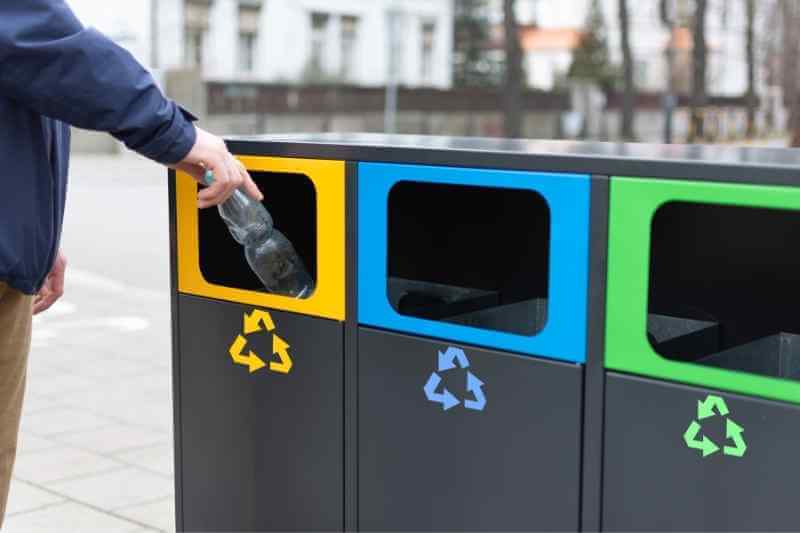Every business, large or small, generates waste. From office trash to industrial by-products, managing waste effectively is critical for business operations and environmental responsibility. Commercial waste disposal services offer customized solutions to help companies of all sizes deal with their waste efficiently while staying compliant with local regulations. But how do these services work, and what should businesses look for when selecting a provider?

Contents
What Are Commercial Waste Disposal Services?
Commercial waste disposal services are designed to handle the waste generated by businesses, whether it’s general office trash, construction debris, hazardous materials, or recyclables. These services often include the collection, transportation, treatment, and disposal of various types of waste, ensuring businesses can focus on their core activities while leaving waste management to the experts.
Types of Commercial Waste
Businesses generate a wide variety of waste, and commercial waste disposal services can handle it all:
- General Office Waste: Includes paper, packaging, food scraps, and other typical office refuse.
- Industrial Waste: Manufacturing facilities and warehouses may produce scrap metal, chemicals, and other industrial by-products that require specialized handling.
- Construction Debris: Construction and renovation projects often result in large amounts of waste, such as concrete, wood, and metal.
- Hazardous Waste: This includes chemicals, batteries, and medical waste, all of which require careful handling and disposal by licensed providers.
- Recyclables: Many businesses focus on sustainability, requiring services that handle recyclables such as paper, glass, plastics, and metals.
Benefits of Using Commercial Waste Disposal Services
There are several advantages to outsourcing waste management to professional services:
- Efficiency: Professional waste disposal services streamline the process, ensuring waste is collected, sorted, and disposed of without interrupting business operations.
- Compliance: Regulations around waste disposal are constantly changing. Waste disposal companies ensure that businesses comply with local, state, and federal laws, avoiding fines and legal issues.
- Cost Savings: By optimizing waste management, companies can reduce disposal costs, especially by segregating recyclables and minimizing landfill use.
- Environmental Responsibility: Many services focus on sustainability by offering recycling programs and reducing the amount of waste sent to landfills, helping businesses meet their environmental goals.
- Safety: Proper handling of hazardous and industrial waste reduces the risk of accidents or environmental damage, protecting both employees and the surrounding community.
How to Choose the Right Commercial Waste Disposal Provider
Finding the right waste disposal provider can make a significant difference for your business. Here are some key factors to consider:
- Range of Services: Look for a provider that can handle all types of waste your business produces, including general, hazardous, and recyclable materials.
- Flexibility: Ensure the provider offers customizable services to meet your specific needs, whether it’s a one-time pickup or ongoing waste management.
- Reputation: Choose a company with a strong track record of reliable service and a focus on customer satisfaction. Reviews and referrals can be helpful in evaluating potential providers.
- Sustainability Commitment: Many businesses prioritize environmental responsibility. Choose a provider that offers recycling and waste reduction programs.
- Compliance Expertise: Make sure the provider stays up-to-date with local and federal regulations to help your business avoid fines and penalties.
Case Study: A Successful Waste Management Strategy
One local manufacturer faced rising costs and logistical challenges when dealing with their industrial waste. After partnering with a commercial waste disposal service, they streamlined their waste management process by introducing recycling programs, reducing hazardous waste by 30%, and cutting overall disposal costs by 20%. This partnership not only improved operational efficiency but also helped the company meet its sustainability goals.
Conclusion
Commercial waste disposal services provide essential support to businesses in managing their waste safely, efficiently, and responsibly. By understanding the types of waste your business generates and choosing the right provider, you can ensure compliance, save on costs, and reduce your environmental impact. Proper waste management is not just a regulatory requirement; it’s a smart strategy that contributes to long-term business success.



